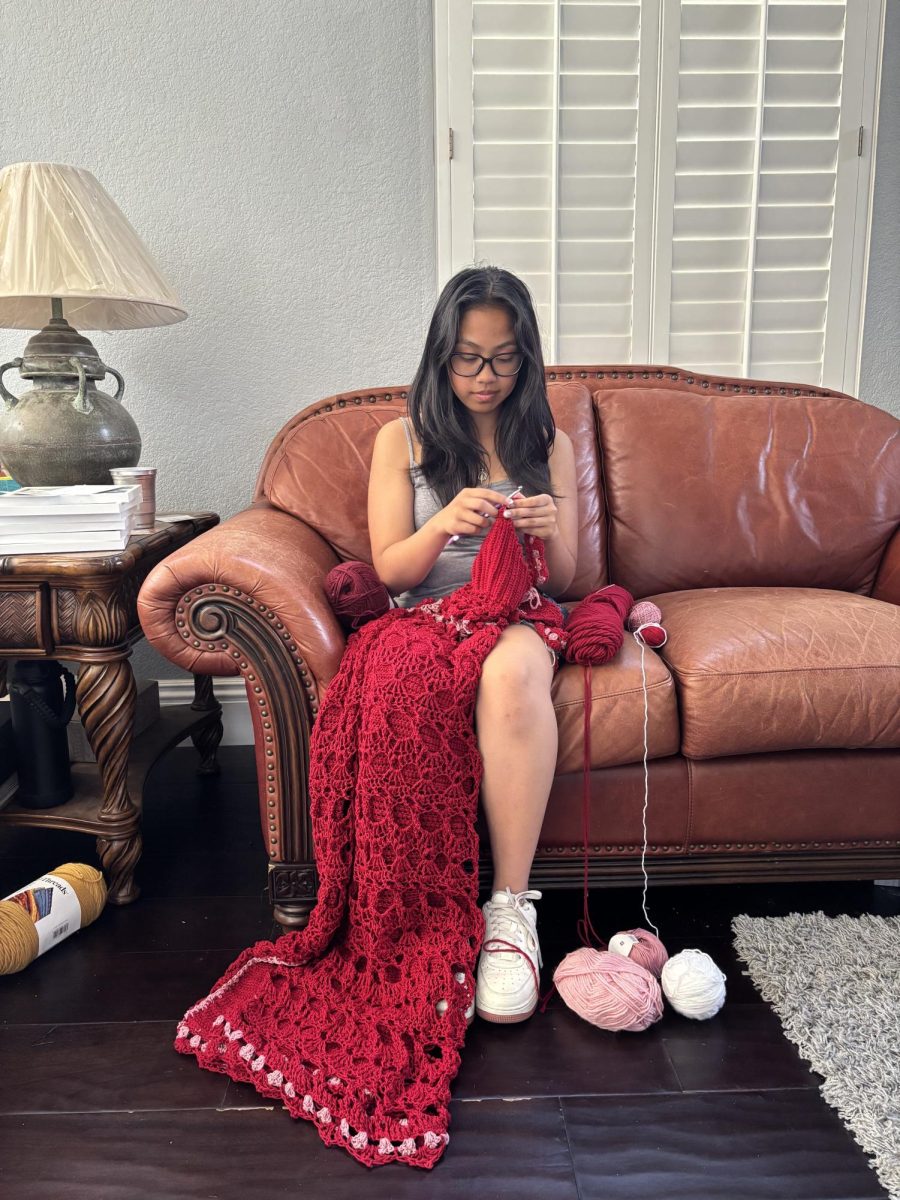In recent years, audiobooks have pushed their way into the book industry. Using platforms like Youtube, companies like Audible have set themselves up to be a dominant force within the next few years.
According to a recent 2016 report by the American Association of Publishers, audiobooks more than quadrupled their increase of revenue compared to paperback books, being a 29.6 percent to 7.5 percent increase, respectively. Yet, when it comes to an increase in use of audiobooks in a high school setting, not many students utilize the resource.
“I can’t remember the last time I listened to an audiobook,” Rehana Nasser (12) said. “I prefer physical books because reading them in my own voice makes the story much more real and immediate to me.”
Many students are deterred from indulging in a good audiobook due to the stigma of audiobooks being branded as “cheating.” Psychologist Daniel Willingham of the University of Virginia says he knows all too well the question of whether or not listening to an audiobook is considered cheating.
To him, just because listening to an audiobook can be seen as easier does not necessarily mean one does not obtain the same results. If two methods come to the same results, whether it came from listening or reading, Willingham believes both are very effective options.
Tina Huang (11) views audiobooks as a good resource because she understands that having more than one way to relay information can benefit many students.
“I don’t consider [listening to audiobooks] as cheating because people learn in many different ways: auditory, visual, kinesthetic,” she said. “So audiobooks appeal to certain types of learners.”
When it comes to reading, there are two basic processes that occur. First, there is decoding, then there is language comprehension. These two ideas follow what is called “The Simple View of Reading” formula, an idea presented by Dr. Philip B. Gough of University of Texas, Austin and Dr. William E. Tunmer of Massey University in 1986.
The only difference between reading and listening is that the former requires decoding while the latter does not. However, by the time a person reaches later elementary school, Willingham states that decoding automatically becomes so second-nature that it ceases to be additional work for one’s brain.
Another aspect of audiobooks that is seen as less beneficial compared to paperbacks is the idea of retention.
Janet Ranshous, a substitute teacher, said she often feels like she gets more from reading than from listening.
“When I listen to a book on tape, I find that every so often I haven’t been listening and I have to back it up a little and have to pick up where I left off, whereas if I am reading a book, I stay with it,” she said. “If I stop reading the story stops.”
While using audiobooks and retention spans are correlated, it does not prove that one necessarily causes the other. Ultimately, it is the mindset of the readers themselves that sabotages their own retention spans. What Willingham determines is the one area in which audiobooks outshine paperbacks is the concept of multitasking. However, this one advantage simultaneously becomes one’s disadvantage when using audiobooks, as people, such as Ranshous, will often “zone out” during the recording. This is in fact a phenomenon called echoic memory. Something experienced by a majority of people, echoic memory is listening but not registering, similar to when someone listens to another person talk, only to remember none of it once that person finishes.
However, “zoning out” is not just a problem limited to audiobooks. Whether it is just skimming or actually not comprehending text, we have all needed to reread passages of certain books. In fact, in a study done by The College of William & Mary, “results showed that zoning out while reading results in both high- and low-level deficits for readers and that zoning out is both frequent and disruptive to the reading process.”
Willingham said that retention results would have little discrepancies.
“If comprehension is the same, you would expect the same retention to be comparable,” he said.
Therefore, it is ultimately up to whether a person is an auditory learner or visual learner that makes either audiobooks or paperback books better than the other.
One can even argue that audiobooks are more beneficial than paperback books in certain aspects. Prosody, according to the Merriam Webster Dictionary, is “the rhythmic and intonational aspect of language,” an aspect of literature that can only be comprehended through speech rather than text.
“‘I really enjoy your blog’ can either be a sincere compliment or a sarcastic put-down—both look identical on the page, and prosody would communicate the difference in spoken language.” Willingham said. “This advantage, specific only to audiobooks, can positively impact a high-school setting. Prosody provides the extra information of a given situation, which helps a lot with reading verses from text of plays like Shakespeare’s ‘Romeo and Juliet’ or poems like Dante’s ‘Divine Comedy.’”
In the end, it is not so much which is better, but rather, which method people prefer. Yet, just understanding that there are choices beyond having a physical book in a student’s hand can open a door to many possibilities.



